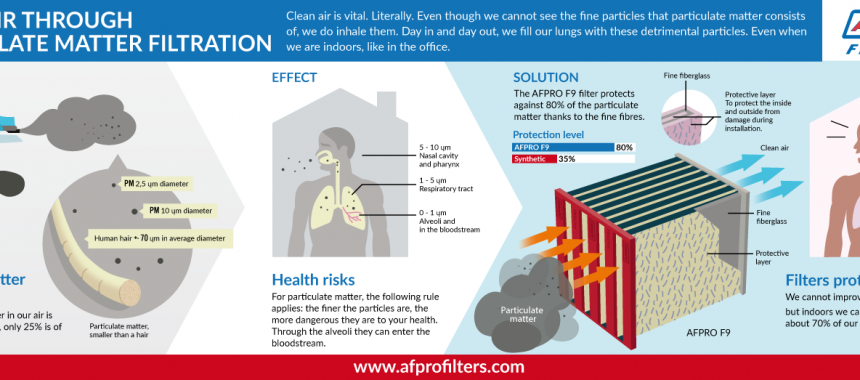Heat Pump Vs Heater - Which Is The Better Heating Alternative For Your Home?
Heat Pump Vs Heater - Which Is The Better Heating Alternative For Your Home?
Blog Article
Content Created By-Rosenthal Smith
Many house owners know with heating systems, which heat homes with oil or gas and press hot air with ductwork. They are reasonably affordable and can offer dependable heating also throughout a winter power failure.
Nevertheless, they utilize fossil fuels and create carbon monoxide and other air contamination. They likewise aren't as energy-efficient as a high-efficiency heatpump.
Expense
Normally, heatpump are a lot more budget-friendly to run than heaters. They usually use electrical power and refrigerant to essence heat from exterior air, and then transfer it into your home. You can take advantage of less costly power rates throughout off-peak hours to better decrease your home heating costs.
Unlike heat pumps, gas or wood-burning heating systems use combustion to produce warmth, releasing flue gases into the atmosphere that can be dangerous to your health and wellness. These heating systems are additionally less energy-efficient than heatpump, and their higher operating expense can accumulate over time.
Heating systems are a lot more difficult than heat pumps and need normal maintenance to ensure the proper function of all components. In spite of this, they often tend to last longer than heat pumps with a normal life expectancy of 20 years or more. However, you'll require to factor in the price of gas, gas oil or timber and the additional devices needed for installment and procedure such as air ducts and ventilation systems.
Energy Efficiency
Heat pumps have a higher energy effectiveness rating than furnaces. These systems make use of power to scavenge warmth from the air, also in freezing temperatures. please click the following article can also get rid of excess heat from the home during warmer months and reuse it to cool down the system. Provider specialists can aid you identify the best design for your home based on climate and source power expenses.
Furnaces shed gas oil, lp, gas or various other kinds of fossil fuel to heat the air in the home. This air is after that dispersed via ductwork utilizing a big follower. Furnaces produce greenhouse gases and call for regular maintenance and equipment upgrades to guarantee safe procedure.
The greatest advantage of a heater is that it can be operated also in extreme winter season conditions since it does not rely upon outside temperature levels to warm the air. Heaters additionally have a longer lifespan than heatpump and typically last 15 years. They can additionally be coupled with twin fuel alternatives, which pick one of the most efficient heating choice based upon the weather condition.
Environment
Heat pumps work well in modest climates and utilize less resource energy than furnaces. Nonetheless, if your region is remarkably cool, you might need to invest in a standard gas heating system rather.
Heaters offer cozy, cozy warmth and generally use rapid heating to increase indoor temperatures. These systems can be made use of with a range of gas kinds, consisting of gas, propane, oil or electrical energy.
They consume much more energy than heatpump-- approximately 3x as much-- and require ductwork that's costly to mount or retrofit. They're likewise much more expensive to keep, as they can trigger air quality problems and produce greenhouse gas discharges.
If you're dedicated to reducing your carbon footprint, a heatpump is a good choice for your home. They have fewer greenhouse gas exhausts than heaters, particularly if you choose an ENERGY STAR ® heat pump. Your neighborhood copyright expert can describe the distinctions between these two furnace and help you make the best decision for your special needs.
https://www.homesandgardens.com/interior-design/living-rooms/how-to-clean-an-air-conditioner
Heating systems can be really power reliable when powered by natural gas, lp or oil, but they aren't as energy effective as heat pumps in icy climates. They can additionally be more costly to set up, calling for gas lines and air flow systems.
Nonetheless, heating systems tend to require less maintenance, which can lead to reduced continuous expenses. They create fewer greenhouse gases and are a lot more reliable than heat pumps throughout severe climate.
Electric heat pumps are more functional in creating interior comfort due to the fact that they can likewise serve as ac unit throughout warmer months. They can be easier to maintain, requiring just regular air filter changes and periodic vacuuming.
If you prefer the ease of a single system that does it all, think about a crossbreed heating service that pairs a heating system with an electrical heatpump. These systems can immediately switch in between the two heating choices based on your home's needs and temperature level problems, maximizing effectiveness and financial savings.